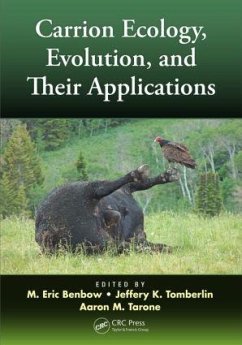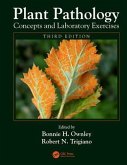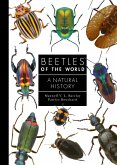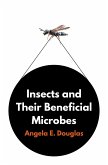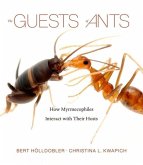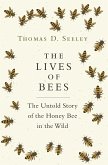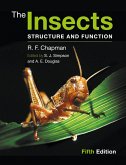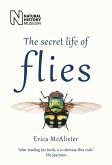Shortlisted for the 2018 TWS Wildlife Publication Awards in the edited book category Decomposition and recycling of vertebrate remains have been understudied, hampered largely due to these processes being aesthetically challenging (e.g., smell and sight). Technological innovations have provided the means to explore new and historically understood natural systems to give us a plethora of new information. Carrion Ecology, Evolution, and Their Applications covers a broad spectrum of topics including the molecular mechanistic foundations that provide the basis for intra- and interspecific interactions related to population biology, community ecology, and how this manifests into habitat- and ecosystem-level importance. The book connects the science of carrion decomposition from genes to ecosystems in multidisciplinary synthesis of the science. This book brings together a team of global experts involved with measuring and understanding the process and effects of carrion ecology in nature, with special application in such applied fields as forensic entomology, habitat management, animal production (e.g., livestock and aquaculture), and human and environmental health. It fills a large literature gap in ecology, providing a synthesis and future directions important for studies of carrion decomposition that improve the general understanding of decomposition in ecosystems. The book fuses multiple disciplines into a single message explaining the importance of vertebrate carrion ecology in nature. Illustrates Carrion Decomposition in a 16-Page Color Insert with 40 Photos The authors illustrate how the study of carrion transcends the globe and expands systems of inquiry, broadening awareness of this important ecosystem process. Whether you are a student, academic, or professional, you will find this book insightful for the fields of molecular ecology, microbiology, entomology, forensics, population biology, community and ecosystem ecology, and human and environmental health.
Hinweis: Dieser Artikel kann nur an eine deutsche Lieferadresse ausgeliefert werden.
Hinweis: Dieser Artikel kann nur an eine deutsche Lieferadresse ausgeliefert werden.

